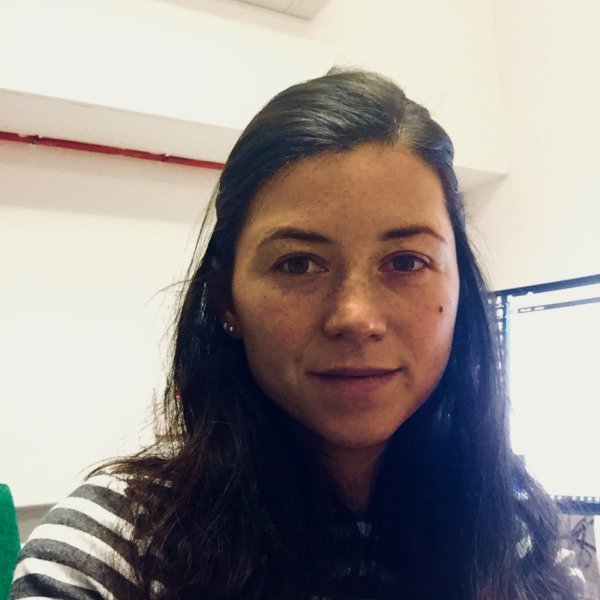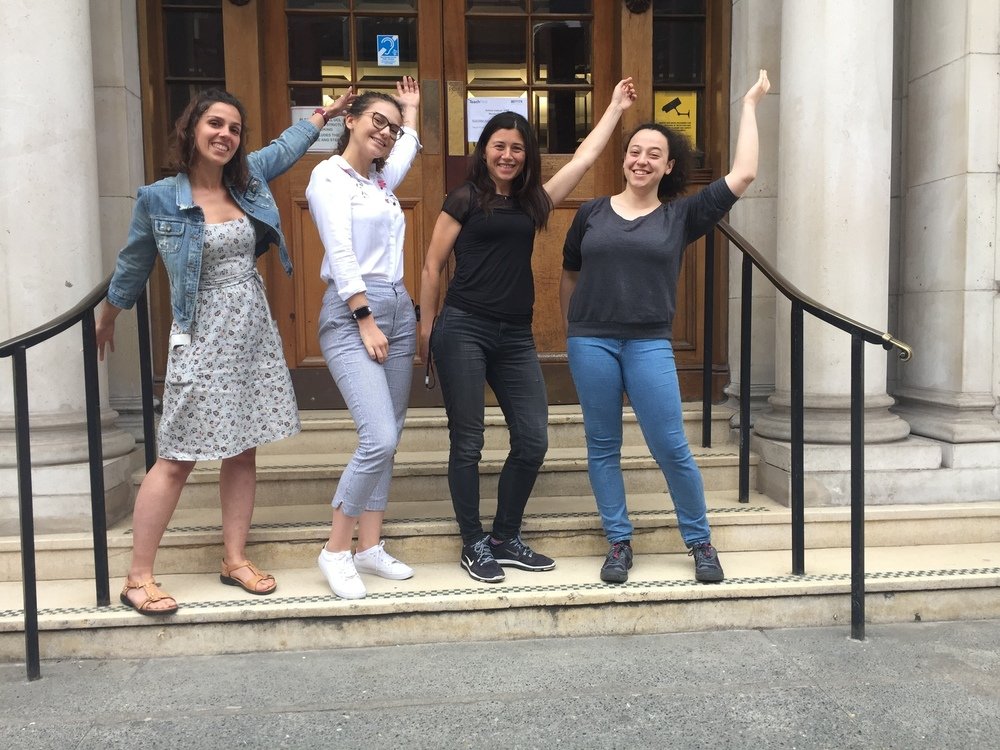Elena Dreosti
Development and function of the social brainThe Dreosti lab (UCL, London, UK) studies the impact of genes and environment on the development of social behavior. We use functional optical imaging to characterize changes throughout the brain that occur during normal and disrupted social interaction.

The Dreosti lab has recently shown that most zebrafish start displaying a preference for other fish around 3 weeks of age, while some individuals display avoidance. Since zebrafish are transparent at 3 weeks, we are able to monitor the development of the entire network involved in social preference behavior at single neuron resolution. The lab is currently working on the following projects: What brain areas process social information? When do they develop? What visual features are used to recognise other fish? What happens when development is impaired by environmental or genetic manipulation?

Project at ZENITH
Publications
- (poster) Alizée Kastler, Elena Dreosti [2022]. Social Interaction and Pain Tolerance in Zebrafish. (Social Interaction)
- Papadopoulos IN, Jouhanneau JS, Poulet JF, Judkewitz B# [2017]. Scattering compensation by focus scanning holographic aberration probing (F-SHARP). Nature Photonics 2017, 11:116-23. DOI:10.1038/nphoton.2016.252. (Vocalisation)
- Dreosti E, Lopes G, Kampff AR, Wilson SW [2015]. Development of social behavior in young zebrafish. Front Neural Circuits, Aug 18;9:39. (Social Interaction)
Contact
Email: e.dreosti@ucl.ac.uk
Website: http://www.dreo-sci.com/